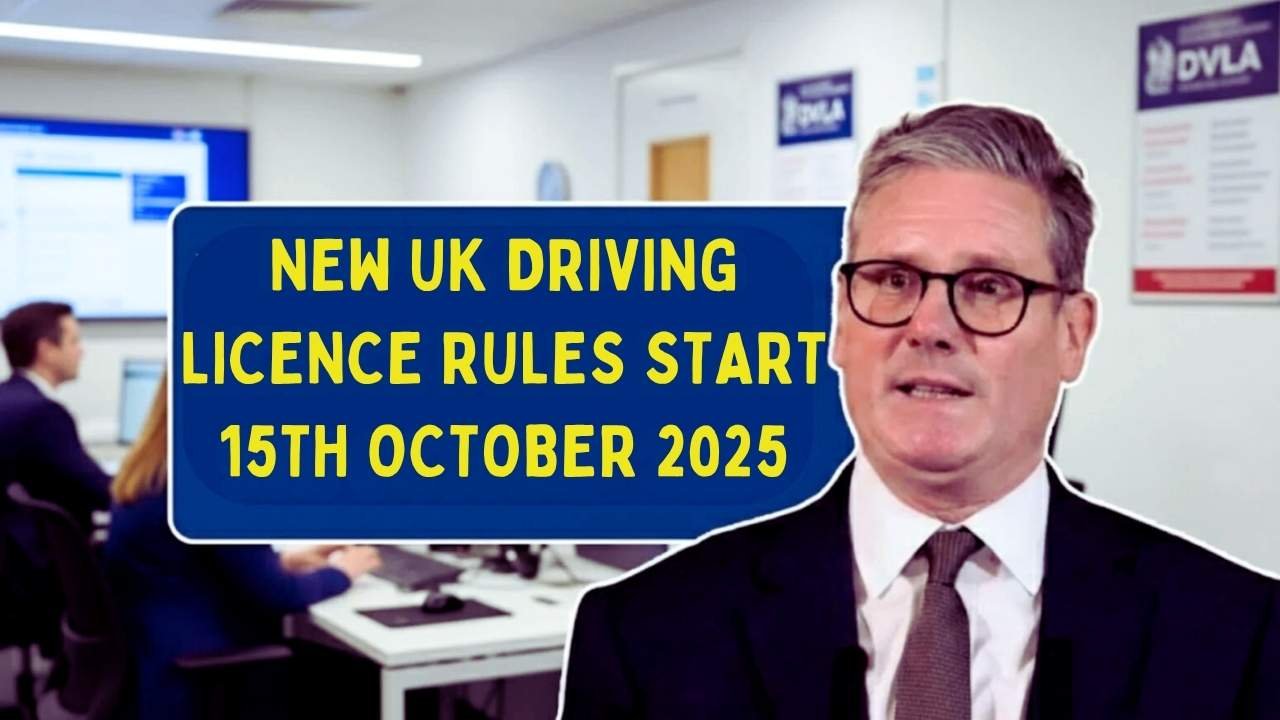The headlines are buzzing about a driving licence ban for over-70s, but let’s set the record straight. The Driver and Vehicle Licensing Agency isn’t yanking keys from every pensioner’s hand. Instead, from 1 October 2025, new rules will tighten up renewals to keep roads safer for all. Older drivers will face stricter health checks and eyesight tests every three years, just like now, but with more proof needed. It’s all about spotting issues like dodgy vision or heart problems that could lead to accidents. With nearly a million over-70s behind the wheel, the government wants to balance freedom with safety. Many seniors rely on their cars for shops, docs, and mates, so these changes have sparked a fair bit of chat.
Why the Rules Are Getting Stricter Now
Road smashes involving older drivers have ticked up lately, with stats showing eyesight woes in one in ten over-70s. The DVLA says the tweaks aim to catch problems early, without a blanket age cut-off like in some countries. No more just ticking a box to say you’re fit; now you’ll need evidence, like a fresh eye test or GP note. This follows years of pressure from safety groups and families who’ve seen close calls. The good news? Most healthy drivers will sail through. It’s a nudge to stay on top of your health, not a door slam. Charities reckon it could save lives, but warn against scaring folks off the road needlessly.
What the New Checks Actually Involve
Renewals stay every three years after 70, free as before, but the process gets a bit more hands-on. You’ll declare any health niggles online or by post, then the DVLA might ask for extras. That could mean a simple eyesight check reading a number plate from 20 metres, or a doctor’s report on stuff like diabetes or dizzy spells. If concerns pop up, a quick practical test or cognitive quiz might follow. No big driving exam, mind – just enough to confirm you’re sharp. Fail the basics, and your licence could pause until sorted, but appeals are there. It’s personalised, so a minor issue won’t always mean goodbye to the motor.
Here’s a quick guide to the main bits in a simple table:
| Renewal Step | What’s New from Oct 2025 |
|---|---|
| Health Declaration | Must include medical evidence if flagged |
| Eyesight Test | Compulsory proof every renewal |
| Frequency | Every 3 years (no change) |
How to Renew Without the Hassle
Getting your licence sorted is still dead easy, mostly online at gov.uk or via the D46P form the DVLA posts 90 days early. Pop in your details, upload any docs, and wait for the photocard in a few weeks. If tech’s not your thing, head to a Post Office for help. Start early to dodge fines up to £1,000 for driving on an expired one. Insurance stays valid too, as long as you’re renewing on time. For those with conditions, chat to your GP now – they can flag forms to speed things. The DVLA’s ramping up helplines and local support, so no one’s left in the lurch.
The Upsides and Worries for Older Drivers
On the bright side, these rules could keep more grannies and grandads mobile longer by nipping risks in the bud. Independence matters huge for over-70s, with buses often patchy in rural spots. But some moan it’s a stealth ban, hitting those with mild ailments unfairly. Age UK pushes for fair appeals and help with alternatives like free bus passes. Families might spot slips first, so a gentle word could save bother. Overall, it’s about smart driving, not age shaming – after all, plenty of grey-haired speed demons out there prove it.
Wrapping Up: Stay Safe and Keep Rolling
As October rolls in, over-70s should check their expiry date pronto and book that eye test. The DVLA stresses it’s support, not punishment, with most folks passing with flying colours. If you’re fit as a fiddle, crack on. For the odd wobble, tweaks like lessons or aids can help. This change shines a light on how we look after seniors on the roads. Share the word with your nan or mate – a heads-up now means smoother miles ahead. Safe driving, everyone.
